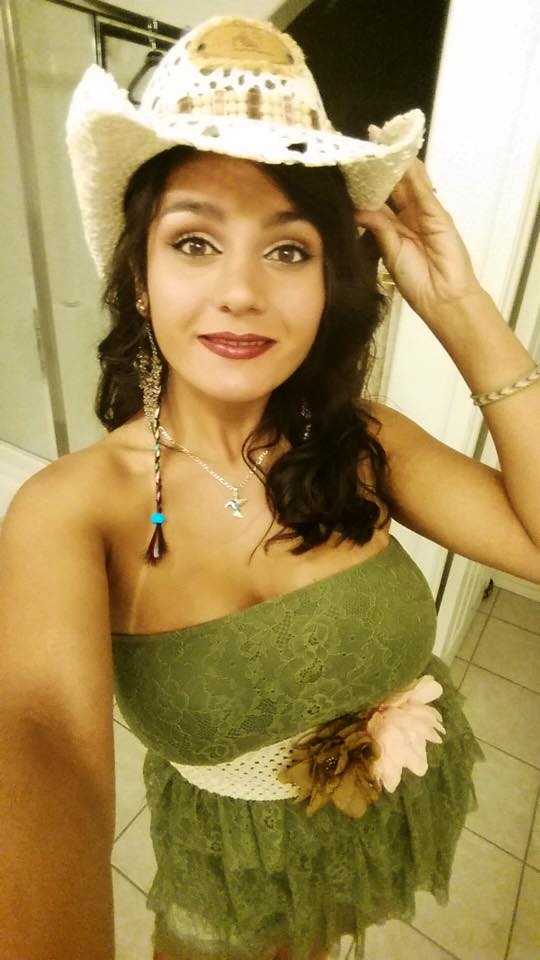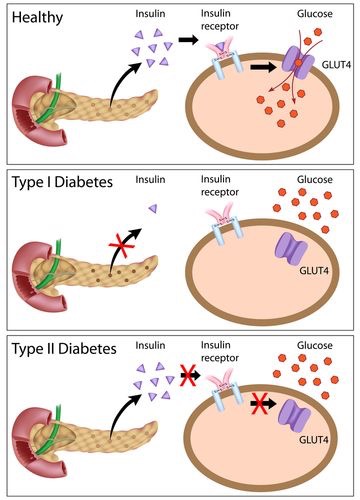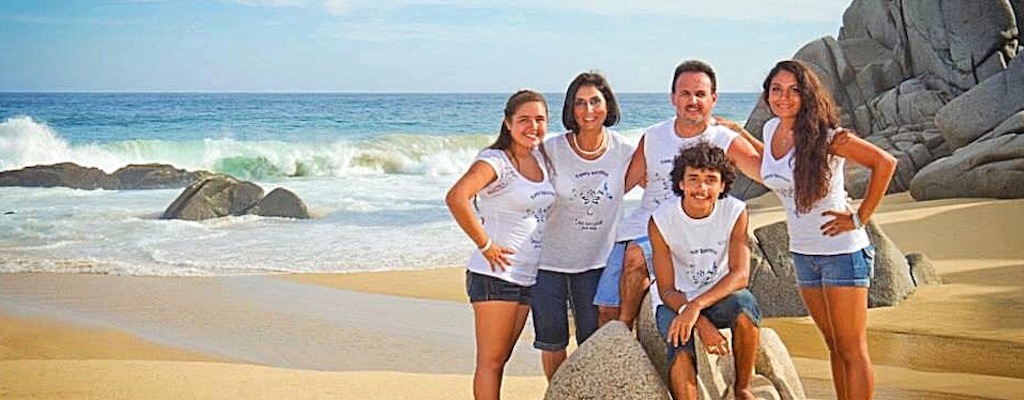My Parents Had to Learn the Difference Between Type 1 and Type 2
 Two months ago my life changed forever. On January 26, 2016, at the age of 23, I was diagnosed with type 1 diabetes. All of my life I had been a healthy individual with little to no health issues. Therefore, when I was diagnosed with type 1 diabetes, it was an incredibly unexpected surprise. My first reactions were shock, nervousness and anxiety over the uncertainty of what my new future with diabetes would be like. Almost immediately, however, I came to terms with what the doctors were telling me and decided that this was my new life. I also knew I was strong enough to handle this new challenge.
Two months ago my life changed forever. On January 26, 2016, at the age of 23, I was diagnosed with type 1 diabetes. All of my life I had been a healthy individual with little to no health issues. Therefore, when I was diagnosed with type 1 diabetes, it was an incredibly unexpected surprise. My first reactions were shock, nervousness and anxiety over the uncertainty of what my new future with diabetes would be like. Almost immediately, however, I came to terms with what the doctors were telling me and decided that this was my new life. I also knew I was strong enough to handle this new challenge.
Unfortunately, for my parents, accepting that their healthy, 23-year-old daughter had type 1 diabetes was nowhere near as easy as it had been for me. They were devastated and could not understand why it had to happen to me, out of all the people in the world, why did it have to happen to their daughter.
A few months before I was diagnosed, I began having classic symptoms of diabetes (unquenchable thirst, excessive urination, fatigue, weakness, blurry vision, weight loss). I did some research and it seemed to me like all the signs were pointing to diabetes. When I told my parents, they just brushed it off and said, “But you’re skinny; how could you have diabetes?” To my extreme weight loss, they believed it to be “because of school stress and the heat.” It wasn’t until we had to rush to urgent care and found out that I was in diabetic ketoacidosis (DKA) and my blood sugar levels were in the 600s that it finally hit them. They were shocked and felt guilty for not having listened to me sooner. They were in disbelief, because all of my life I have been healthy. To them, it was very devastating and they went through a grieving process, you might even say a slight depression over the diagnosis. My dad moped around the house; my mother cried at the sight of me giving myself insulin shots. “I wish it’d been me instead of you,” my dad said.
It was all new to them: I am the first person in our family to be diagnosed with type 1. On both my father and mother’s sides of the family, there have been cases of type 2 diabetes, but all were in older family members. For them, the idea was very foreign. They were used to not allowing their parents to eat bread or rice, etc. At first, they treated me like a person with type 2 diabetes and wanted to buy everything that was sugar-free. It was hard for them to wrap their heads around the idea that for me, the problem was my pancreas.
 Slowly, they are coming around to the idea and are learning the differences between type 1 and type 2. Something that really helped was having my mom come along on visits to the endocrinologist. He was better able to provide information and answer any and all the questions she had. I emailed them a diagram too that showed the difference between the types and what happens in the body. In terms of diet suggestions, I gave them information about recommended healthy diets for everyday people (1/2 plate greens, 1/4 protein, 1/4 grains). I also found information about what constitutes “healthy carbs,” and gave them a link to a website called fingerprickingood.com to get ideas on what to cook. I know that they want to feel like they are actively helping me, and I know my parents just feel bad that something like this has happened to their child.
Slowly, they are coming around to the idea and are learning the differences between type 1 and type 2. Something that really helped was having my mom come along on visits to the endocrinologist. He was better able to provide information and answer any and all the questions she had. I emailed them a diagram too that showed the difference between the types and what happens in the body. In terms of diet suggestions, I gave them information about recommended healthy diets for everyday people (1/2 plate greens, 1/4 protein, 1/4 grains). I also found information about what constitutes “healthy carbs,” and gave them a link to a website called fingerprickingood.com to get ideas on what to cook. I know that they want to feel like they are actively helping me, and I know my parents just feel bad that something like this has happened to their child.There isn’t one moment in the day that I am not aware of the presence of my disease but I never ask, “Why me?” Whether I am eating, working out, taking medicine, injecting insulin, going out with my friends, or checking my blood glucose levels, diabetes is always in the back of my mind. It is a constant that I have learned to live with, my very own 24/7 companion. Type 1 is a daily reminder that I have to be stronger than most people my age, that I have to be more disciplined than them, that I have to grow up a little faster, and that I have to be more responsible than others. Living with this disease does not mean that my life is over though or that I can’t do the things that everyone else does. I can do anything and everything that any other person can do, it just takes a few extra steps in order to make sure that my blood sugar levels are under control before I do those things. Type 1 diabetes is a big part of my life, but it is not all of my life…
I only hope that by sharing my story and experience with this new diagnosis I can help someone else who may also be going through a similar experience. If there is anything that anyone reading this takes away, I hope it be that being diagnosed with type 1 diabetes is not the end of the world. I have never been happier in my life than I am now. I have learned not to take simple things for granted and to appreciate things like health. I look forward to the simple things in life and I have a newfound appreciation for things that most others never think about or take for granted. My disease has also taught me so much about myself and my inner strength. I am not perfect and living with the disease is not easy, but I know that I am strong enough to take this life head on and tackle any obstacles that come my way.





